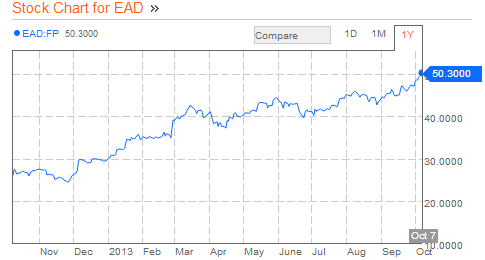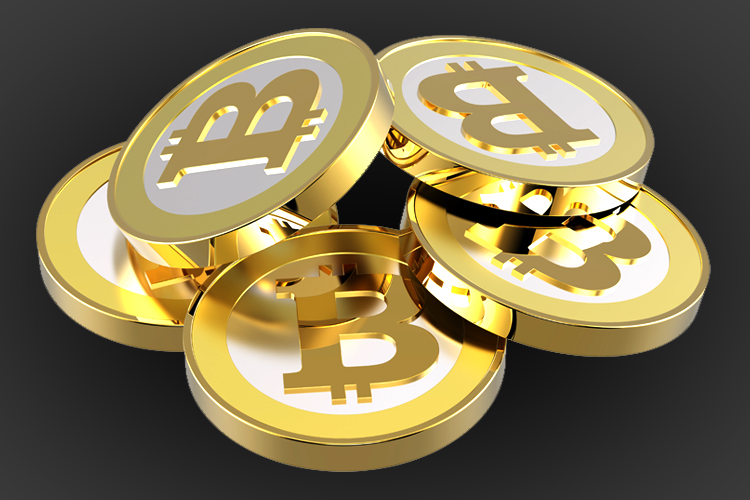Canadian Mining Project In Romania Under Threat
Gabriel Resources (GBU.TO) is a Canadian company which plans on opening the largest open pit gold mine in Europe. The company won the contract for the largest deposit of gold and sliver in Europe in a very controversial bid. The process of attributing mining rights for the Rosia Monatana deposit has been tied to many allegations of corruption. 
On September 9th the Romanian government announced a resolution which intends to reject the mining rights of Gabriel Resources and put an end to the possible development of a mine there. If the resolution will be adopted, then Gabriel Resources intends to sue the government on the grounds of “multiple breaches of international investment treaties”[1] In the same day the shares of Gabriel Resources plummeted an astonishing 51%.
The mining project in that area has been a very controversial topic for the Romanian people. First and foremost their main concern is the methods which the company wants to use in order to extract the gold. The most efficient method would be through the use of cyanide. After the gold is extracted cyanide residues would be stored in massive dams which are known to fail.
It appears as if the continued protests of the Romanians have made the government reconsider the project and weigh the cons and pros of the mining operation. This company serves as an example why investors should look into the ethics of a company before they invest in it.
Source 2: http://www.cbc.ca/news/business/gabriel-resources-romanian-gold-mine-in-jeopardy-1.1701501
Source 3: http://www.bnn.ca/News/2013/9/11/Gabriel-Resources-CEO-threatens-to-sue-Romania-on-mine-dispute.aspx



